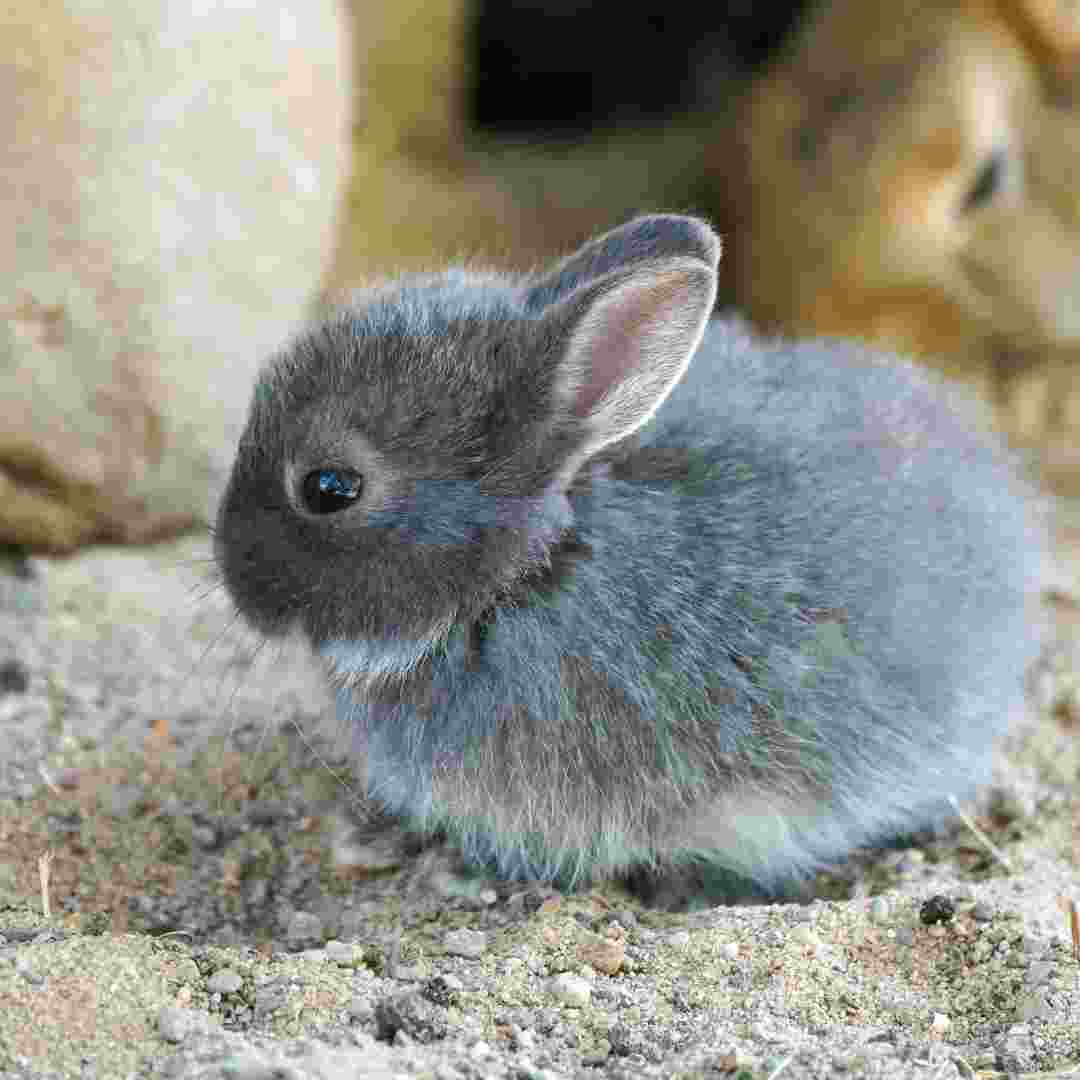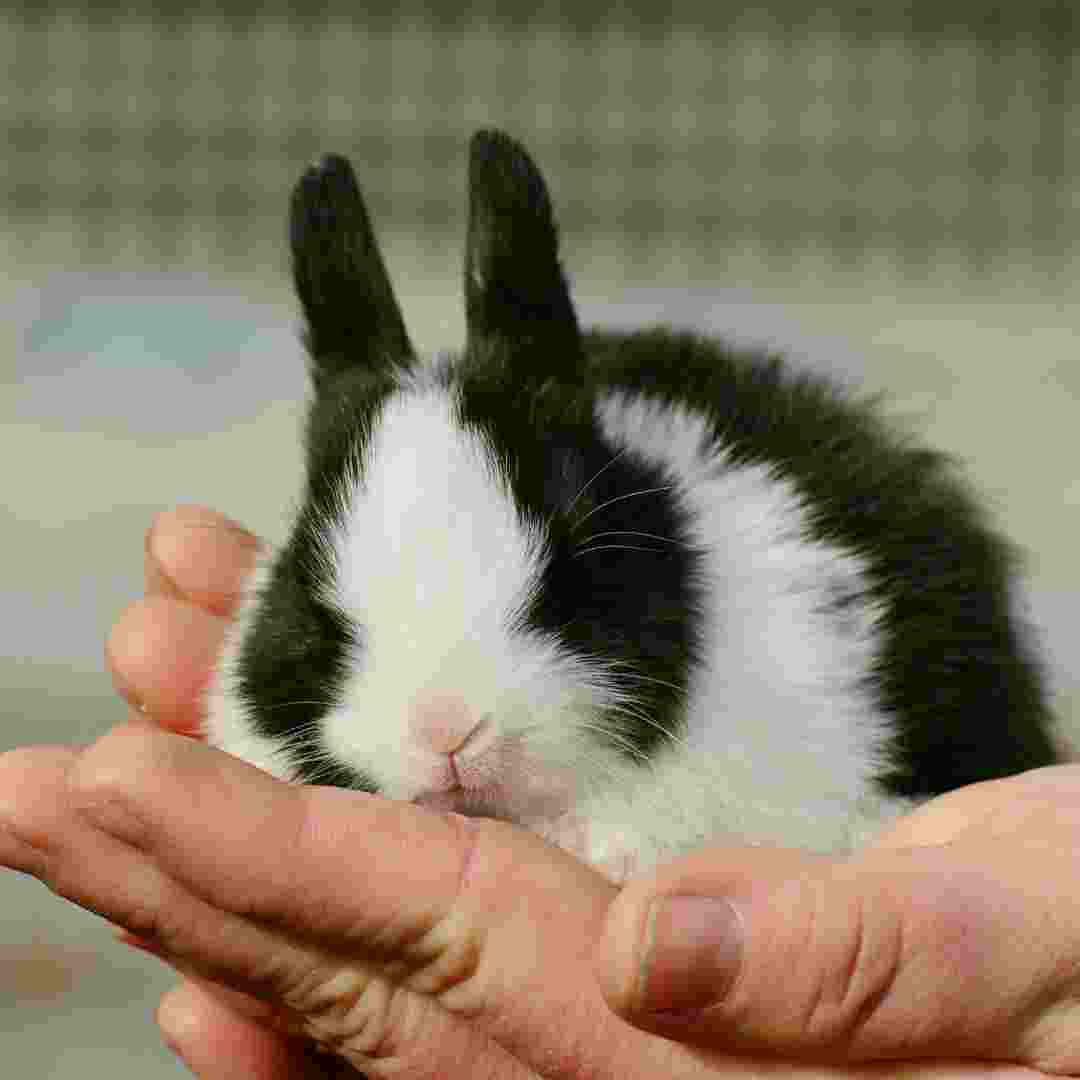Contents Table
Introduction
What to Expect during Rabbit Birth
Preparing Your Rabbit for Pregnancy
Care for Newborn Rabbits
When and What to Feed Baby Rabbits
How to Spot Baby Rabbit Illness
Q&A
Conclusion
Introduction
Pet rabbits are cute and enjoyable. They breed frequently, having up to six litters every year. You may ask when and what to expect from your rabbit's babies. This page discusses rabbit pregnancy, care, and birth.
What to Expect during Rabbit Birth
Prepare for rabbit birth when it's time. Rabbits gestate for 28–31 days and give birth to four–eight kits.
A safe, pleasant nesting box is essential for the doe before birth. Line this with hay or straw and place it somewhere quiet and safe. Make sure the box is low enough for the doe to reach.
When preparing to give birth, the doe will remove fur from her chest and abdomen to line the nest. This is typical birthing and should not be disturbed.
After birth, the doe cleans and nurses the kits. The doe and her brood must be left alone at this period. The doe will naturally care for her kits, so don't meddle.
Watch for symptoms of suffering or disease in the doe and her brood. Contact a vet immediately if any kits seem weak or unresponsive.
Finally, the doe and her brood need a clean, comfortable home. Clean and dry the nesting box and supply new hay and water.
These actions will ensure a safe and healthy delivery for your rabbit and her brood.
Preparing Your Rabbit for Pregnancy
Your rabbit's mother and litter's health and safety depend on pregnancy preparation. These recommendations can help you prepare for the big event.
1. Check your rabbit's health. See a vet before breeding your rabbit. This will keep your rabbit healthy and ready for pregnancy.
2. Make it safe and comfortable. Maintain a clean, spacious cage for your rabbit. Maintain a suitable temperature and provide fresh hay and water.
3. Watch your rabbit's diet. Pregnant rabbits need more nourishment. Provide her with a high-fiber, protein-rich diet.
4. Create nesting box. A few weeks before your rabbit's due date, give her a nesting box. She needs a calm, dark spot to give birth and raise her offspring.
5. Track your rabbit's health. Monitor your rabbit's health during pregnancy. Reduced appetite, tiredness, or eye or nose discharge may indicate illness. Contact your vet immediately if you observe these signs.
Follow these guidelines to make your rabbit's pregnancy as smooth as possible. A healthy litter of bunnies is possible with proper planning!
Care for Newborn Rabbits
Newborn rabbit kits need specific attention to stay healthy. Understanding these delicate organisms' needs and providing them with the right environment and sustenance is crucial to their survival.
Kits need a safe, warm place first. Hay or shredded paper should line the nest, which should be kept between 85 and 90 degrees Fahrenheit. To alleviate stress and protect the kits, keep the nest in a dark, quiet place.
Second, feed the kits a newborn rabbit formula. To guarantee weight gain, give this mixture every two to three hours and weigh the kits daily. Warm the formula to body temperature before feeding.
Third, check kits for disease or injury. Any sick or injured kits should be transported to a vet promptly.
Finally, handle the kits carefully. Do not lift or move them too much. This reduces stress and protects their health.
Follow these instructions to give your newborn rabbits the attention they need to flourish. These kits can become healthy, happy adult rabbits with proper care.
When and What to Feed Baby Rabbits
Baby rabbits need to be fed to grow. To guarantee optimum nourishment, know what to feed them and when.
Rabbits are breastfed at birth. The first two weeks of life require solely this meal. After two weeks, babies can eat solids. High-quality commercial rabbit feed is excellent for baby bunnies. Please grind this finely and remove big parts. No sugar or salt should be added.
At four weeks, newborn bunnies can consume hay. High-quality timothy hay should be provided in limited amounts. Hay should be finely cut and clear of big chunks.
Baby rabbits can consume fresh veggies at six weeks. Wash and chop these. Offering carrots, celery, and lettuce is good.
Baby rabbits can consume fresh fruits at 8 weeks. Wash and cut these too. Apples, bananas, and strawberries are terrific choices.
Baby bunnies should not be fed treats or human food. These can harm them and cause intestinal issues.
These instructions will guarantee your young rabbits get the nutrition they need to grow.
How to Spot Baby Rabbit Illness
Baby rabbits are adorable and make great pets, but they need special care. Recognising indicators of disease in newborn bunnies helps them get medical assistance quickly. Here are several symptoms your young rabbit may be sick.
Reduced appetite is a common indicator of disease in young rabbits. If your newborn rabbit isn't eating or refuses food, take it to the doctor right away. Lethargy, breathing problems, and behaviour changes are among symptoms. Seek medical attention if your newborn rabbit is sleeping more or has trouble breathing. If your newborn rabbit becomes more aggressive or reclusive, it may be sick.
Also watch for physical indicators of sickness in baby rabbits. Running eyes or nose, sneezing, coughing, or ear or eye discharge are examples. Losing fur or bare areas on your young rabbit may indicate disease.
If your baby rabbit exhibits any of these symptoms, take it to the vet immediately. Your newborn rabbit may recover fully if diagnosed and treated early.

Q&A
1. How often do rabbits breed?
Multiple litters of four to eight rabbits can be born each year.
2. Rabbit gestation: how long?
About 31 days pass during rabbit gestation.
3. How big are newborn rabbits?
Rabbit kits, or babies, are blind and hairless and approximately the size of a thumb.
4. Can baby rabbits eat solids soon?
Around three weeks old, rabbits can chew solid food.
5. How long are baby rabbits with their mother?
Rabbit babies stay with their mothers for 8-10 weeks.
Conclusion
Bunnies have babies twice a year, usually in spring and autumn. They have two to twelve blind, helpless infants per litter. Baby rabbits are raised by the mother rabbit until they can be independent. Rabbits are fun and companionable pets.
